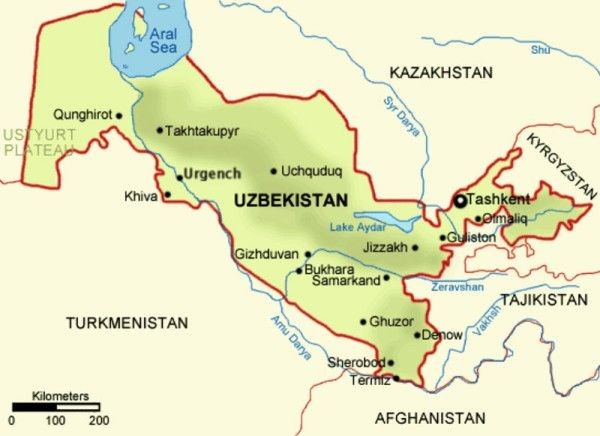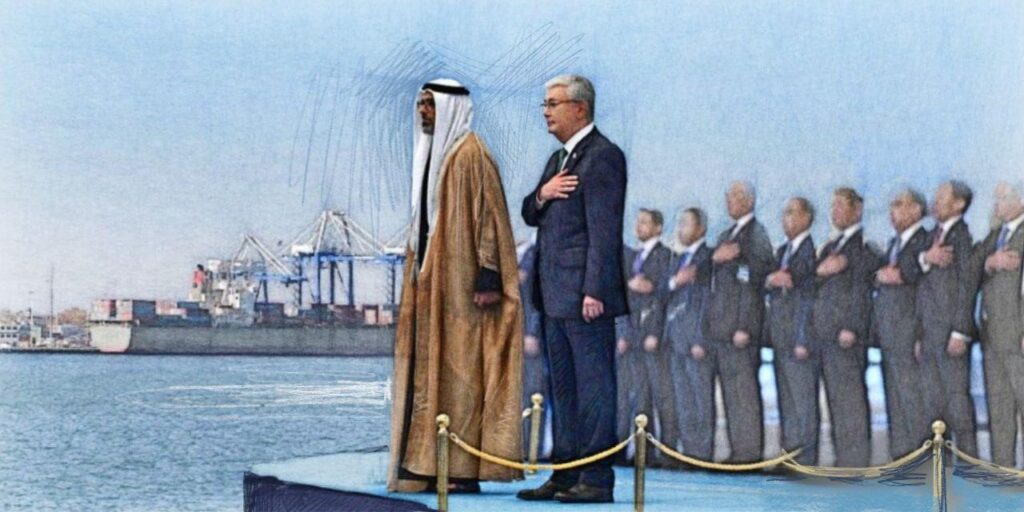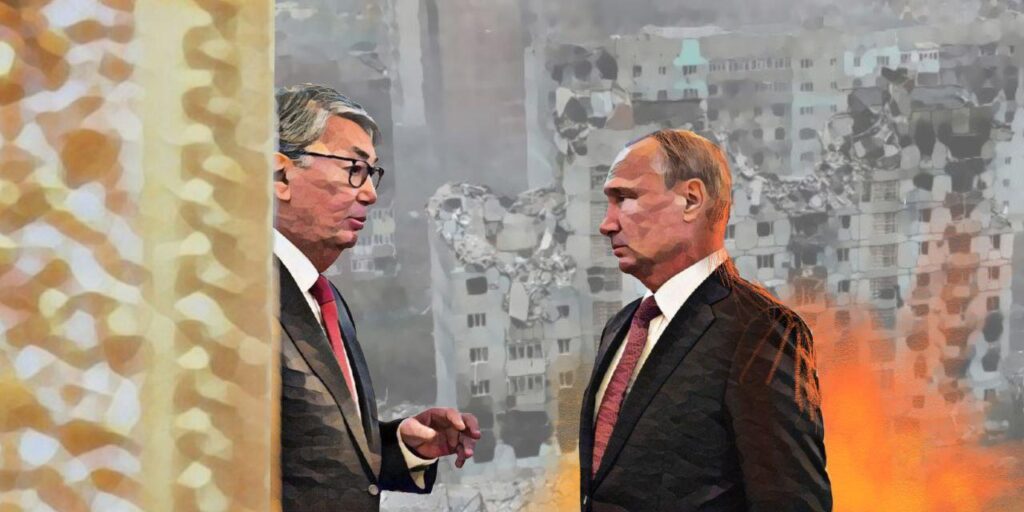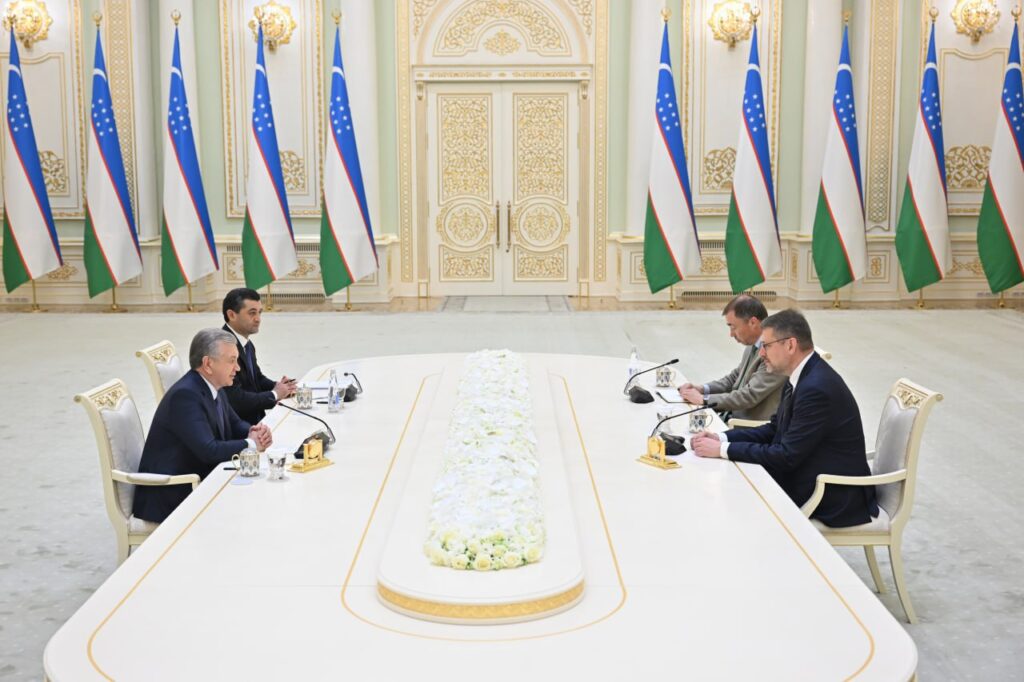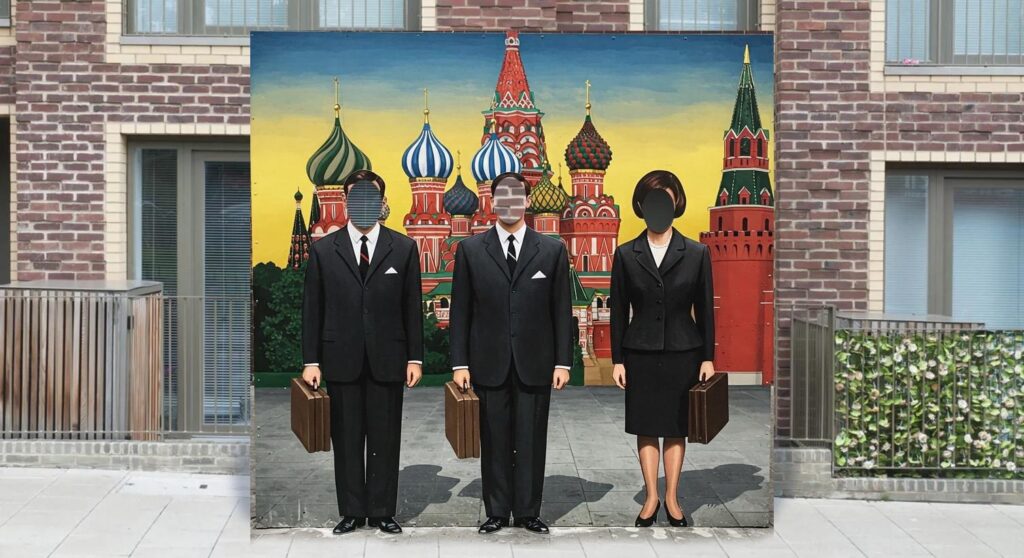TASHKENT (TCA) — Sodiq Safoyev, First Deputy Speaker of the Senate of Parliament of Uzbekistan and European Bank for Reconstruction and Development (EBRD) Governor for Uzbekistan, spoke about the country’s strategic reform program at the EBRD 2017 Annual Meeting in Cyprus. He stressed the importance of regional integration and highlighted Uzbekistan’s potential for growth, the EBRD Press Office reported on May 10.
“The EBRD is back [in Uzbekistan] and we’re renewing, starting a new page of our cooperation,” Safoyev said. “You know, Uzbekistan passed through the transition of Presidential power – it was a challenge. However, I think that we might today state that the country did it in a very decent, transparent and legal way, and the Presidential elections demonstrated once again the resilience of Uzbek statehood, that the democratic institutions are functioning, and Uzbekistan is a stable country and the West must be assured that the stable, sustainable development of Uzbekistan is secured.”
Safoyev said that the new leadership of Uzbekistan is launching the strategic program for reforming the country, based on good governance, more openness, more accountability, decentralisation of governance, more e-government, eradication of corruption, more check and balance system and upgrading or delegating more functions from the executive branch of power to judicial and legislative branches.
Safoyev said that Uzbekistan’s economic reforms aim at the speed up and liberalisation of the currency regime in Uzbekistan, upgrading the level of banking system so that it will match international standards, disengagement of the government from direct involvement in the economy and making sure that small and medium-sized businesses will play an even more important role. “Today [SMEs] provide us almost 60% of GDP and 75% of labour. It is a big achievement if compared to the level of ten years ago. But the point is that we expect a lot from the EBRD’s contribution to us; to support the privatisation and activisation of small and medium business,” he said.
Safoyev said that the Uzbek government defined 8 priorities which include: textile, oil and gas, the mining sector, tourism, and food processing. Today Uzbekistan produces already 19 million tons of fruits and vegetables annually, and only 16% are now available to the world market. “We know there is a special brand of Uzbek fruits and vegetables and we’re looking for more agribusiness and business in the food processing sector,” he said.
The Uzbek senator also said that Uzbekistan is now pursuing a more proactive regional policy, being more open for implementing regional projects, be it in infrastructure or the energy sector.
